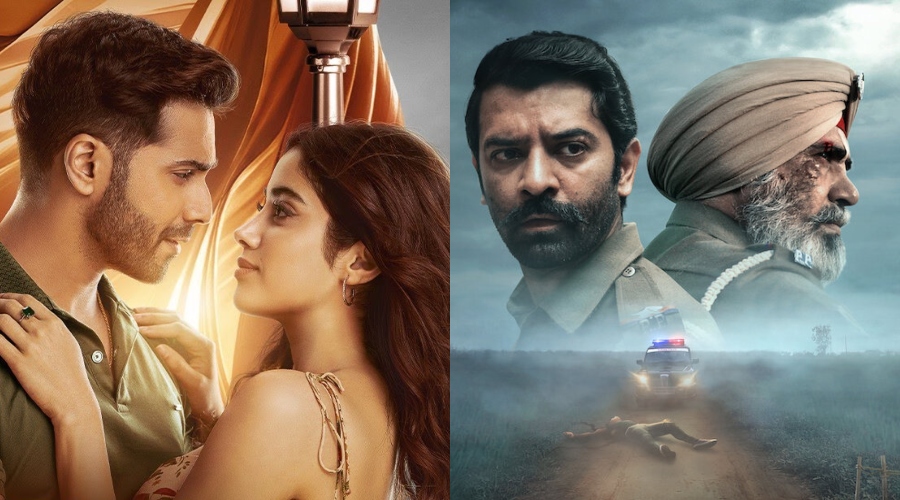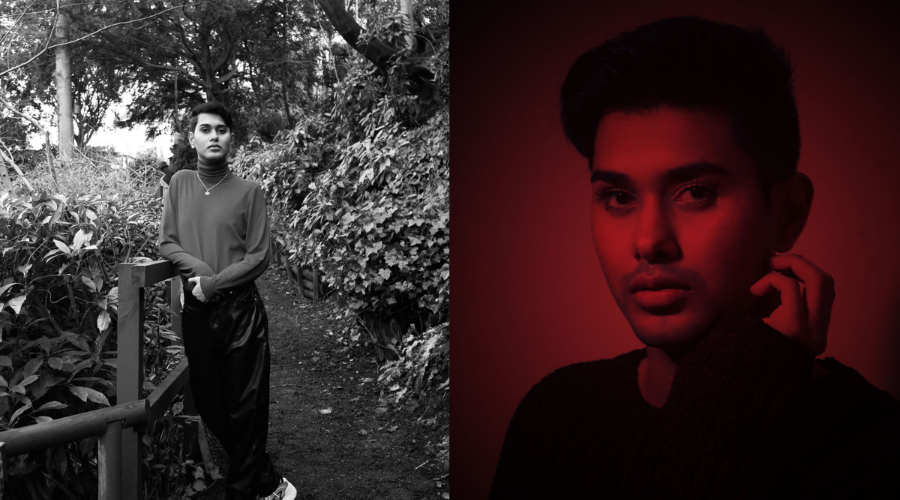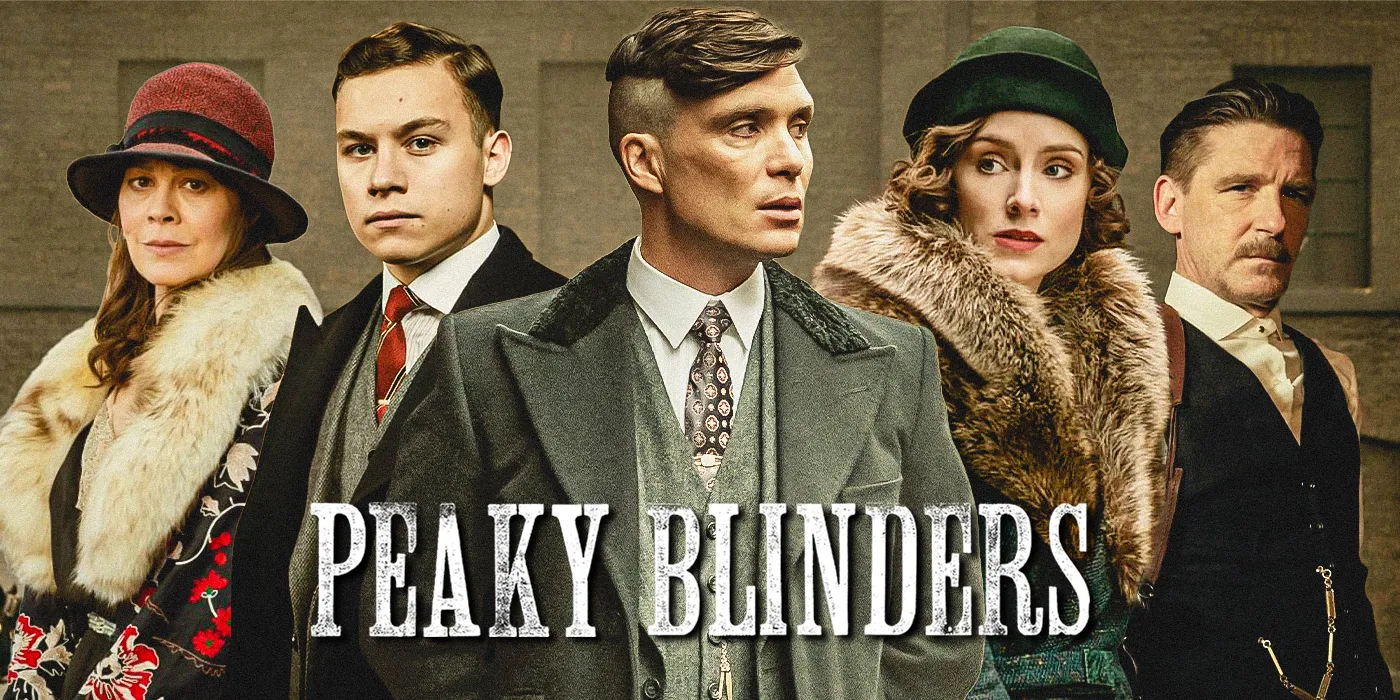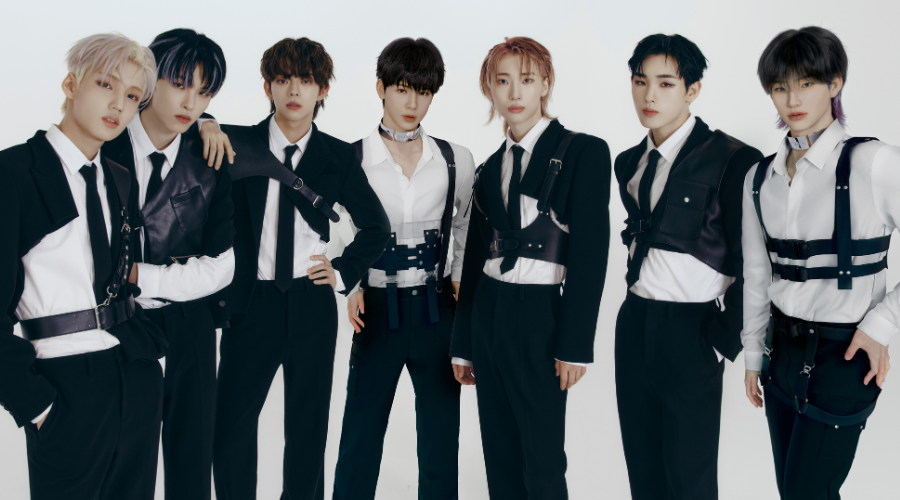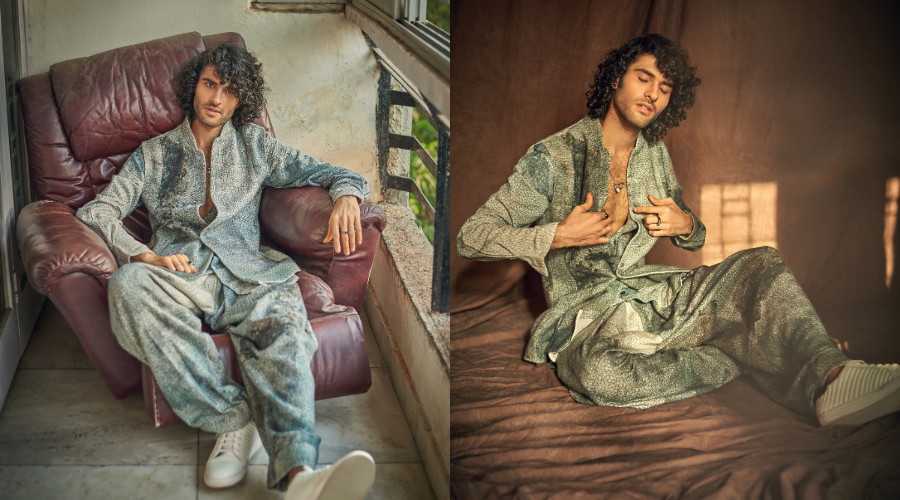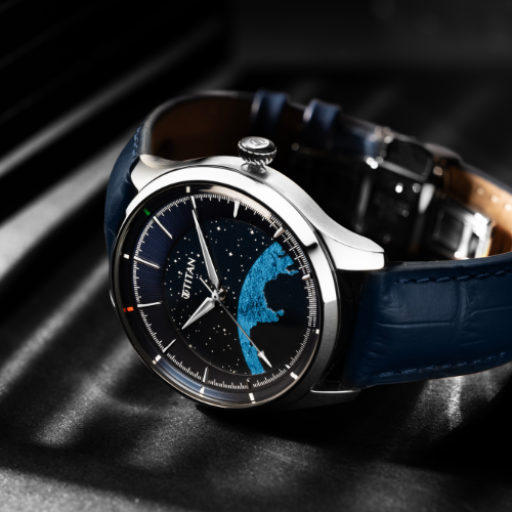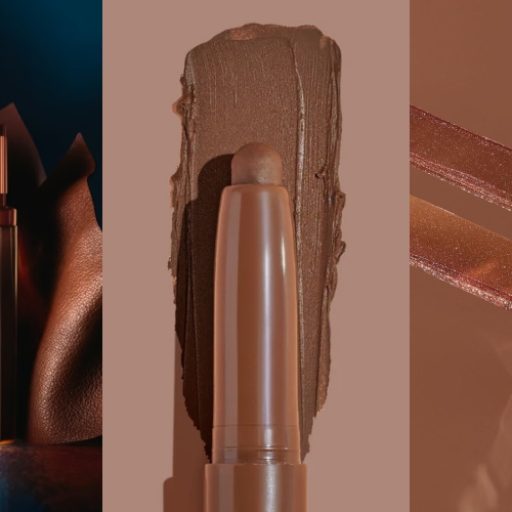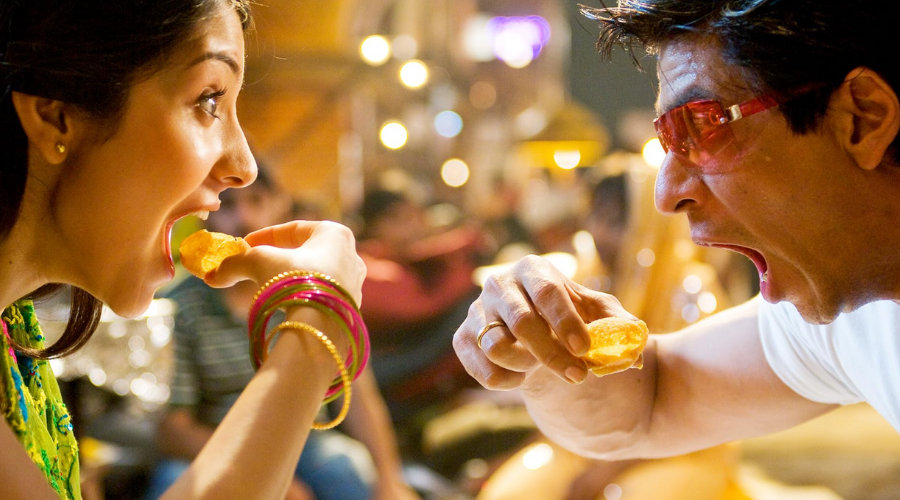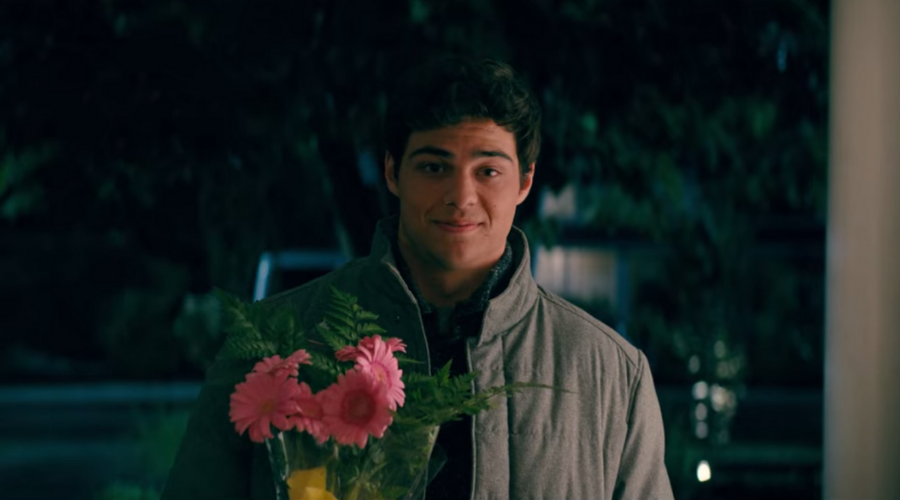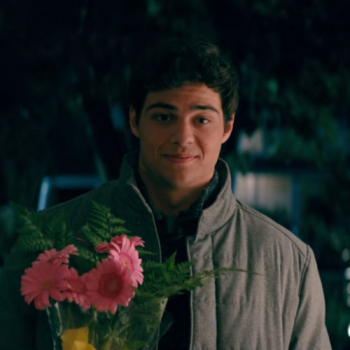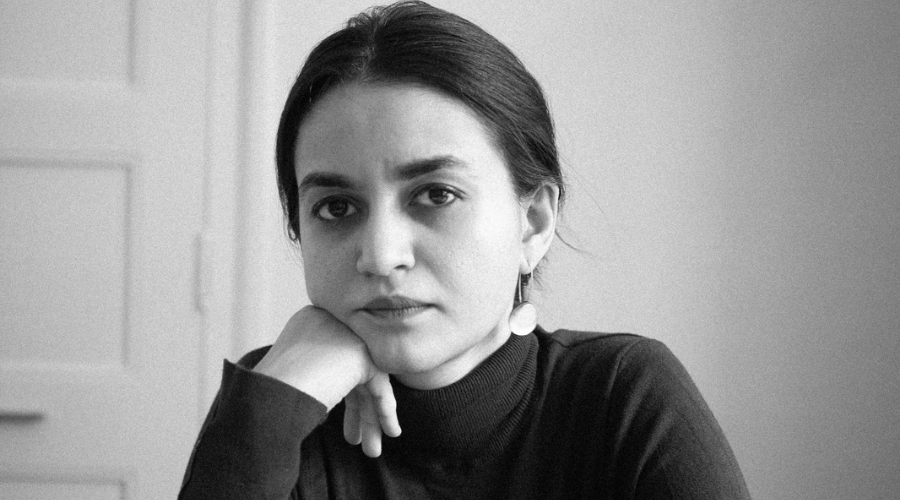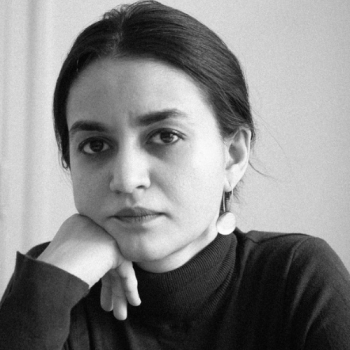Most of us know him by his introverted yet defiant character, Faruq Manzoor, in Netflix’s popular teen-drama Class. Off-camera, though, Chintan Rachchh is a charming, curly-haired poet whose words will make you swoon. Faruq and Rachchh are far from similar, but their paths intertwine when it comes to whispering dissents. Even though Faruq was based on Omar (from Elite), Chintan brought a bit of himself to his character, which resonated with the audience.
ELLE: Faruq Manzoor is multi-faceted. What was your first impression of the character?
Chintan Rachchh (CR): I still remember being extremely excited when I first read about Faruq. It intrigued me, and I couldn’t recall anything similar that had been done before. If I’m allowed to be candid, taking on a role as complex as Faruq’s was quite challenging. He is a Kashmiri Muslim who moves to Delhi whilst grappling with the reality of his sexuality. Now, our traits never crossed paths at all. So I had to work on all aspects—the verbal cues and body language, right from the start. As Chintan, I brought a certain silent rebellion that Faruq has for society. Even though superficially, it seemed like Faruq had given up on an idealistic life, the rebel in him hadn’t. I may nonchalantly throw Urdu verses around, but in my mind, I was a rebel back then, and Faruq brought it out of me. Another side I got to him was being non-confrontational and the unhealthy act of walking away from the situation. I know it’s not something positive, and I’m working on it.
ELLE: It’s no secret that you’re a social media favourite now. How are you dealing with the fame and attention coming your way?
CR: I’m genuinely enjoying and taking it all in. As an artist, it’s something I’ve always craved for. However, I make a conscious effort to remind myself that even though all of these people are here today, they will stay only if I give them something to look forward to. Faruq may have led them here, but it’s Chintan’s job to make them stay! However, if I may confess, when people recognise me amidst the crowd and come up to appreciate me for my portrayal of Faruq, it feels surreal.
ELLE: Your love for poetry is evident thanks to social media. What sparked that?
CR: Most days, I struggle to express myself, and that’s when poetry comes to my rescue. However, I’ve always tried my best to express myself, regardless of the medium—theatre, poetry or plain old scribbles. It’s relieving to release my energies in a manner where I can make sense of what’s in my mind and have it seem poetic at the same time. While scribbling and painting won’t get the best of me, poetry, left even halfway, is still hauntingly beautiful. I firmly believe that some things are complete only because they’re incomplete—just like Dhruv and Faruq’s tale.
ELLE: How similar are these two art forms—writing poetry and acting?
CR: Both of these aren’t all that different from each other. In poetry and performing a role on screen, words must be felt, not just memorised. When you do the latter, your performance takes a hit. The only difference is that the emotions come naturally in poetry because I write the lines. With acting, the dialogues are written by someone, so bringing the feelings across is a bit tricky. I combine real-life experiences with the lines and feel those emotions while performing.
ELLE: What kind of roles are you looking to explore now?
CR: The one thing I’m looking for right now, in terms of roles, is variety. I tend to get bored easily, so monotonous roles are definitely out of the question. There’s a rule I live by—‘I try not to try’, which simply means that I try to just be without trying too hard. I’d like to play characters that make me struggle with trying to understand them rather than just emoting casually. The struggle and friction truly get the best out of me!
Find ELLE’s latest issue on stands or download your digital copy here.

